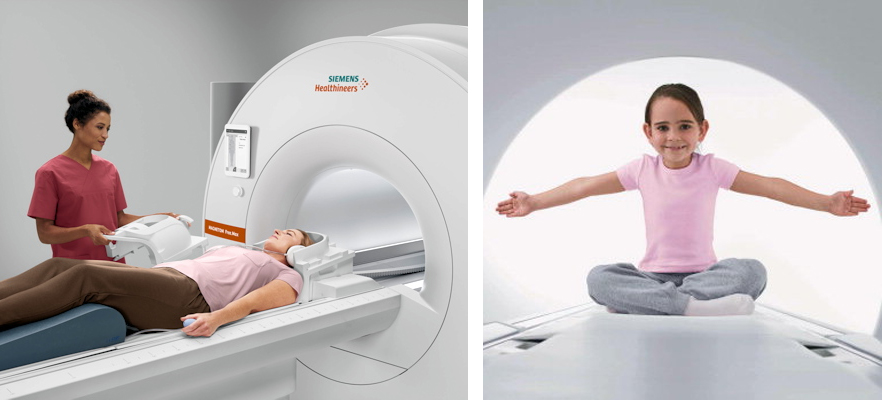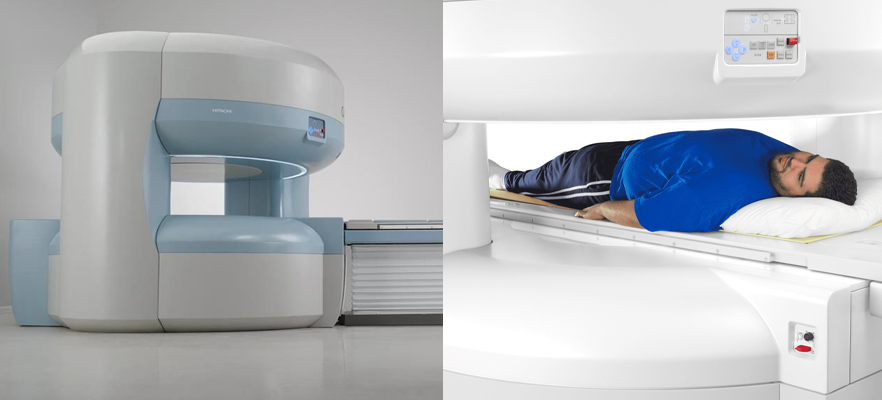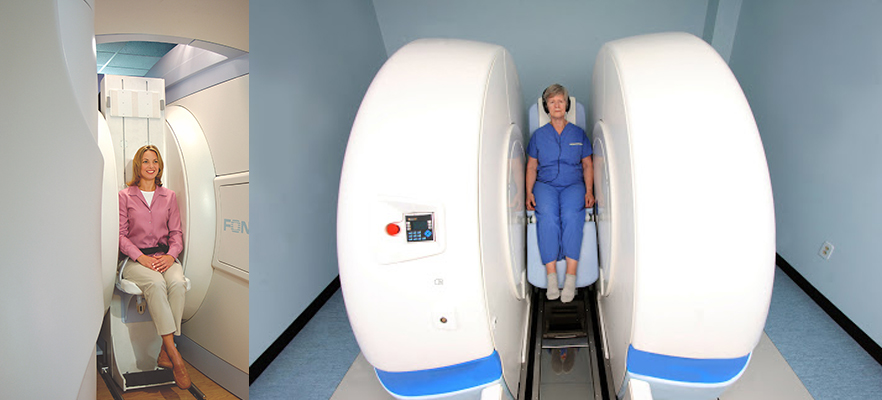Type of MRI Designs
There is a lot of confusion about the unlike types of MRI in role today . What cause the term “ open ” really mean when it comes to MRI ? What does “ stand up ” mean ? Today , we are become to look at three primary MRI designs–Wide Bore MRI , Open MRI , and Stand Up MRI, and we will sample to clear up any confusion about what you can expect if you exist undergoing a process with one of these MRI type .
Wide Bore MRI
“ Wide Bore ” or “ Open Bore ” MRI is the primary type of MRI in use throughout ZP offices . The term “ bore ” refers to the doughnut-shaped initiative that the patient strike into while rest on the table . The extra wide opening on these machines is 70 cm across , which provides a less claustrophobic experience with more space in all instruction . These units are as well considered to have a “ short bore ” intention , which is more like get into a doughnut rather than a tunnel , like in older MRI units .
ZP has the most experience in the country with MRI , utilize the recent in 3 Tesla and 1.5 Tesla MRI technology . Our 3T MRI technology provide physicians with unprecedented detail , specially in neurological , musculoskeletal and gentle tissue imaging .
( In technical term , this type of MRI is believe a “ closed ” unit , because the patient cost surrounded all around , yet though there is a lot more space than in old , outdated units . )

Open Sided MRI
For an “ Open Sided ” type of design , imagine an MRI sandwich . The MRI live like the bread , and you exist the chief part of the sandwich that moves in between the bread . Although there be more open space on both side of the patient , this can create a claustrophobic experience because there exist real trivial way above the patient . As well , most open sided MRI units hold weaker magnets , which leads to less detail in the images develop .

Stand Up MRI
Another type of MRI design is called “ Stand Up MRI. ” These unit allow patients to be scanned in any posture , include standing , ride , turn away or lying down .
Stand Up MRI exams are typically longer ( 45 minutes to an hr ) and patient must hold a position without moving for a long period of time , which can be very difficult . Also , these unit usually utilize faint magnets , which develop images with less resolution that high-field magnets .

Share :
tim
Posts navigation
Give a RemarkCancel Reply
© 2025 © Zwanger-Pesiri Radiology • All Rights Reserved . All Rights Reserved .